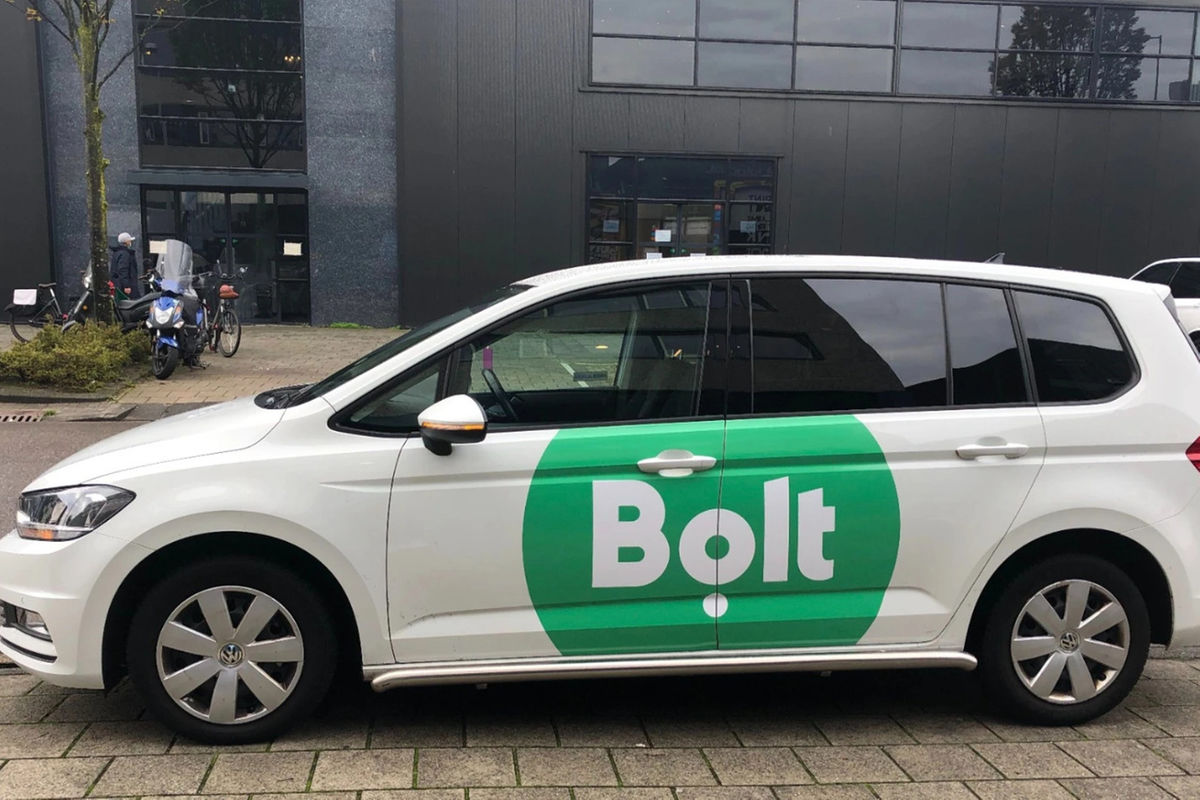
Dar es Salaam. Bolt Tanzania has exceeded its 2024 growth targets, achieving an impressive 213 percent increase in its travel business.
The company also saw a 56 percent rise in its gross merchandise value (GMV), signalling a major shift towards digital, cost-effective, and environmentally sustainable transport solutions for Tanzanian businesses.
As traffic congestion remains a persistent issue during peak hours, Bolt’s business travel services provide organisations with a streamlined, structured alternative to private vehicle use.
The platform’s efficient and transparent courier system aims to reduce employee reliance on personal cars, easing congestion and improving service efficiency.
Senior Country Manager for Bolt Business in Tanzania, Ghana, and Tunisia, Milu Kipimo, highlighted the growing trend among local businesses and institutions adopting digital mobility solutions.
“We are honoured to play a supportive and influential role in digitalising mobility across industries in Tanzania,” said Kipimo.
“More businesses and organisations are becoming increasingly conscious of efficiency and cost when selecting transport services. Many of our clients have reported reducing their transport expenses by nearly half since partnering with us,” added Kipimo.
Through its services, Bolt Business enhances employee mobility management by offering real-time tracking of movements during work hours, ensuring greater accountability and security.
This digital approach is transforming how organisations manage logistics, providing safer, and more efficient solutions to staff transportation needs.
With over 200 million customers globally and operations in more than 50 countries, Bolt’s innovative mobility solutions are helping businesses reduce costs while contributing to a more sustainable future by encouraging shared transportation.
By promoting a shift from private vehicle ownership to shared mobility, Bolt is paving the way for more efficient, eco-friendly transportation alternatives.
Bolt’s success story in Tanzania is a prime example of how its platform is empowering organisations worldwide to optimise their operations while improving the environmental footprint of employee travel.
The company continues to innovate in providing cost-efficient, secure, and sustainable mobility solutions for businesses globally.














